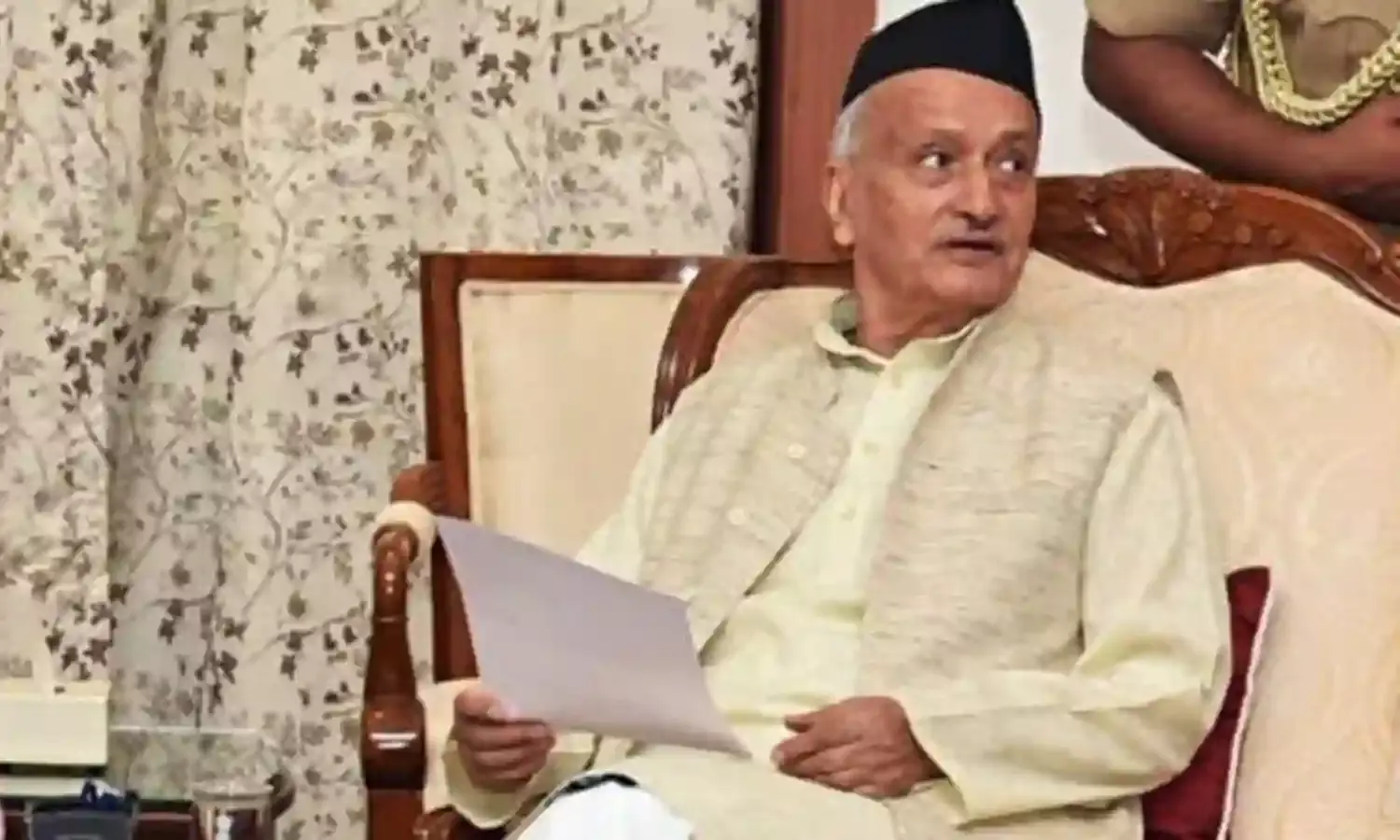The Tone and Tenor of ‘Secular’ Today
Tinkering with secular

So, now it is official, secular is a dirty word.
I will consult a lawyer if I could file a defamation suit if someone has the temerity to call me secular. Since the Maharashtra Governor, Bhagat Singh Koshyari, showed considerable hoshiari by evincing surprise at his Chief Minister turning ‘secular’, the tone and tenor of the word has changed.
The first tinkering came from Lal Krishan Advani, who added the prefix by calling it ‘pseudo secular’. The trouble is we start by misusing words specific to alien shores, practices and a history of close to a 1,000 years behind them.
We could start from Thomas Becket — 12th century. There couldn’t be a better example of state versus the church than this, five knights come and kill the Archbishop of Canterbury, Thomas Becket, in his cathedral. Look at the playwrights the event has drawn, from Jean Anouilh to TS Eliot.
Our secularism has very little history to fall back upon, the Constituent Assembly and later Shah Bano. And our secularism, such as it is, had nothing to do with the separation of state from the church. We just meant the goody-goody principle that all are equal before law, whatever our belief or unbelief is, and no one has the right to rape and kill our Hathras daughter, whether Thakur or Brahmin.
We smuggled secularism into the Constitution in 1976, during the Emergency. It meant equality before law, equal rights for citizens. We ignored parallel narratives from the Jana Sangh, as it grew over the years, about the attack on Shah Bano, and how Rajiv Gandhi and his government got frightened and withdrew abjectly. And there was always Advani’s comment about “appeasement” to minorities. Advani, as much as Savarkar, remains the de facto ideologue of the current state, philosopher, direction finder, mechanic and coiner of slogans rolled into one.
Once you play with words and concepts that give meaning to words, you can play with law. The laws are yours and the agencies are yours to play around with. You question Rhea and then put her in jail for a month. Saffron politicians from Bihar thought this was the right cause to take up. Then the doctors poured cold water on your delusions and not a word about Sushant Singh Rajput has been uttered by Nitish Kumar or his BJP cohorts during election rallies. How foolish those three ‘investigative’ agencies look, or those TV aficionados.
You put Farooq Abdullah and his son in jail for over a year, and when he talks of the Gupkar Declaration, you call him in to answer charges regarding a scandal about cricket. Let us be fair, it was a scandal, but why rake it up now? You dispense with Article 370 and the state of Jammu and Kashmir itself. Not a whimper from Jammu, have you noticed?
You get the mosque where you want, and the temple where you want. Then you tinker with citizenship. You are playing with air, water, earth and fire of the state and polity, the state as you want it, the polity as envisaged in your manifestos. The loyalty of the powers-that-be is towards the manifesto, the law book becomes irrelevant.
The executive follows the line. Akhlaque Ahmad is killed by a mob because meat (suspected beef) is found in his refrigerator. The attention of the police is to find out whether it is beef or lamb, not towards arresting the killers. Take another case. On December 3, 2018, a mob protesting cow slaughter in Bulandshahr killed Inspector Subodh Singh. Journalist Jyoti Punwani drew attention to the fact that the National Security Act was invoked against three Muslims suspected of cow slaughter during that time, ‘but the arrest of Singh’s killers is happening at a leisurely pace’.
The Shiv Sena played a big part in the riots in Mumbai after the demolition of the Babri mosque, but no action was taken. The long arm of the law gets cramps.
Secularism, as the term has come down to us historically, has many facets to it. It faces off against what is ecclesiastical. It has nothing to do with the kingdom of God. It is the opposite of what is sectarian or communal. It has evolved out of freethinking, with no hang-ups regarding the hereafter, no ridiculous thoughts pertaining to heaven and hell or 70-odd houris lining up to welcome the latest jihadi martyr. It is neither a votary of crusades or jihad.
Secularism is a freethinker’s exercise of mental abilities as he or she views the world, our existence in our polities, how we govern or misgovern ourselves. Secularism is also arraigned against any privilege, especially the assumed privileges of any community, majority or minority. We just have to dig a little into our past to find out that the Indian dharma, which is the Hindu dharma, places more weight on our duties than our rights.
Finally, it is about equality, not privilege.
Let’s end with a good word about the Brits. The East India Company took a dim view of the missionaries. “By the regulations of 1793, the Governor-General promised to preserve the laws of the Shastras and the Koran, and to protect Indians in the free exercise of their religion.”
Keki N. Daruwalla is an Indian poet and short story writer in English. He is also a former Indian Police Service officer. He was awarded the Sahitya Akademi Award, in 1984 for his poetry collection, The Keeper of the Dead, by the Sahitya Akademi.
A version of this article originally appeared in The Tribune.



